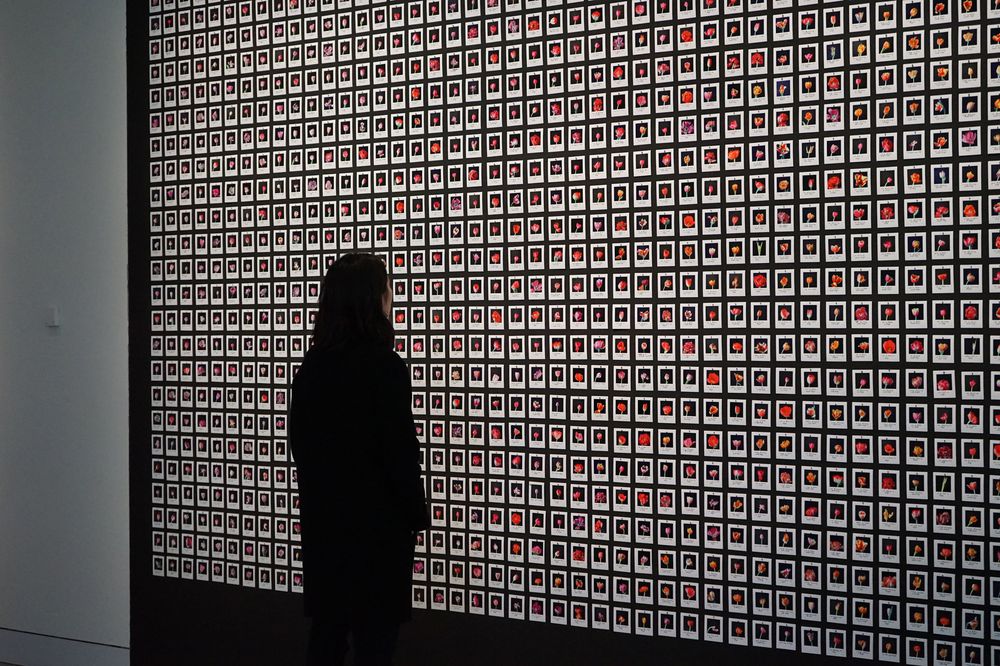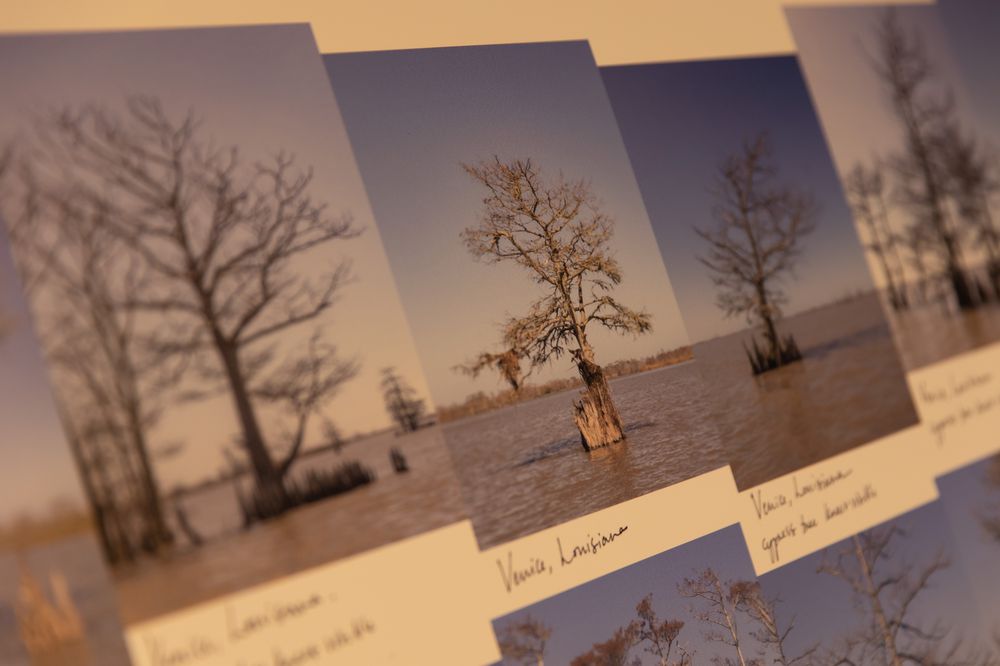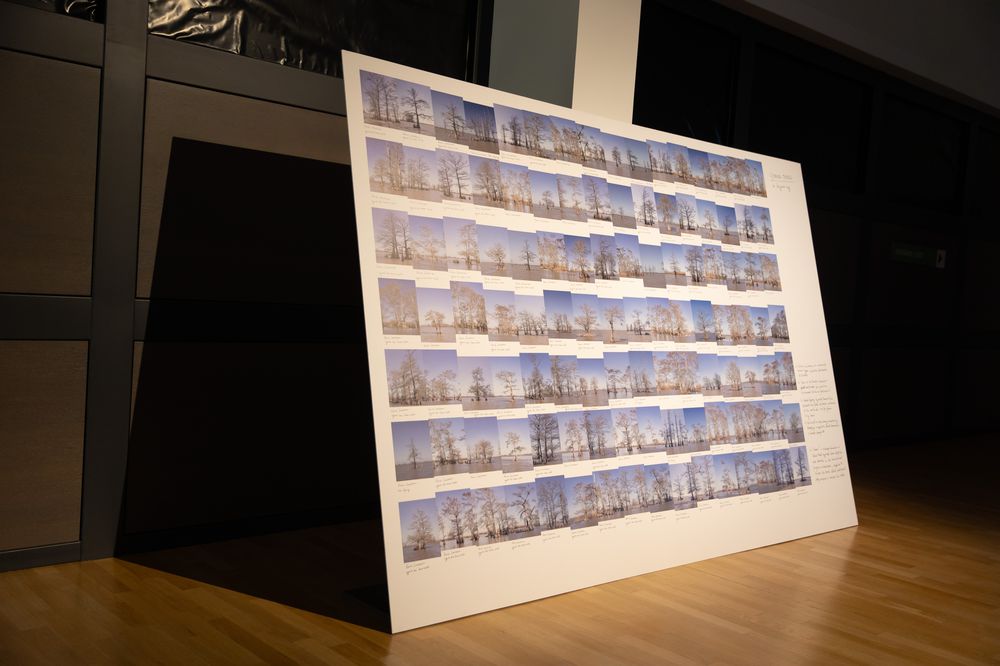ARS ELECTRONICA ARCHIVE – AI LAB
Das European ARTificial Intelligence Lab (AI Lab) ist ein Nachfolgeprojekt des European Digital Art and Science Network, einer kreativen Zusammenarbeit zwischen wissenschaftlichen Institutionen, Ars Electronica und Kulturpartnern in ganz Europa, die Wissenschaft und digitale Kunst vereint. Das European ARTificial Intelligence Lab knüpft daran an und thematisiert Visionen, Erwartungen und Befürchtungen, die wir mit künstlicher Intelligenz verbinden. Das Konsortium besteht aus 13 Kulturinstitutionen aus Europa mit Ars Electronica als Koordinator. Dieses Online Archiv bietet eine Übersicht über alle Aktivitäten, die während der Laufzeit des Projekts von 2018 bis 2021 durchgeführt wurden. Zudem liefert es Informationen zum Netzwerk an sich, zu den Residency Künstlern und Jurys sowie zu den beteiligten Projektpartnern. Das AI Lab wird kofinanziert durch das EU-Programm „Creative Europe (2014-2020)“ sowie durch das Bundesministerium für Kunst, Kultur, öffentlichen Dienst und Sport.
Artist Residency at Edinburgh Futures Institute 2020 - Anna Ridler (UK), Caroline Sinders (US)



AE Blog: https://ars.electronica.art/aeblog/en/2020/03/26/ai-is-human/
Inside Futurelab: Cypress Trees, A Beginning – guest presentation by Anna Ridler & Caroline Sinders: https://ars.electronica.art/homedelivery/en/inside-futurelab-cypress-trees-a-beginning-guest-presentation-by-anna-ridler-caroline-sinders/
online / Edinburgh Future Institute, Edinburgh (UK) / Ars Electronica, Linz (AT)
01.03.2020 - 30.09.2021
Caroline Sinders (*1987, USA) ist eine Forscherin und Künstlerin, die sich mit Sprache, Kultur und Bildern beschäftigt. In ihrer Arbeit untersucht sie die Schnittstellen zwischen natürlicher Sprachverarbeitung, künstlicher Intelligenz, Missbrauch, Online-Belästigung und Politik in digitalen, dialogorientierten Räumen. Ihre Arbeit wurde unter anderem im Victoria and Albert Museum, im MoMA Ps1, im Modern Art Museum of Bologna und in der Ars Electronica gezeigt. Sie ist die Gründerin von Convocation Design + Research, einer Agentur, die sich auf den Einsatz von maschinellem Lernen und Design im öffentlichen Interesse konzentriert.
Ars Electronica Center, Deep Space
Caroline Sinders and Anna Ridler – who both articulate very similar artistic questions in very different ways – are pursuing their artistic-scientific research this year in the context of an AILab residency at the Ars Electronica Futurelab. Ars Electronica Home Delivery and Inside Futurelab present two artists, who are currently – still – working on their concepts in remote. With the guest presentation “Cypress Trees, A Beginning” at Ars Electronica Home Delivery they give insights into their joint audiovisual experiment “Mechanized Cacophonies” and their artistic perspectives on the future of our society at an intersection of art, technology and society in a live talk about their visionary artistic approach.
Caroline Sinders (US) is artist, scientist and designer, researching at the intersection of civil society, mainstream technologies and art. She considers the impact of technology on the society from a political-systemic perspective, focusing on an exploratory, speculative, and poetic definition of the term – because the assumption that design is universal, unassuming, and intuitive only describes half the truth for her. Sinders explains why design must be relevant in the context of algorithms, AI, or other digital systems: Design is much more than the consumer-focused formation of objects for her; it is political, and – it can also be art. The specific notion of her design term does not necessarily explain itself directly or intuitively; it allows for an expanded relevance to exist alongside its practical values and serves as a space for her poetic exploration of data and projection area for developing new analogies.
Anna Ridler (UK) uses data and technology as the back- and front-end of her artistic-scientific expression, which is situated in-between technology, installation, photography, literature, and sound. Her fascination with knowledge systems – as a shape that knowledge can capture – is a common thread running through all her work. As the primary tool and a powerful medium of her art, data are much more than pure theory, algorithms, or cryptic codes: They are something incredibly human. Every data set – no matter how abstract it is – always describes a captivating story. Artificial Intelligence and Machine Learning are the methods of Ridlers‘ creative research and the core moment in her artistic work. In her role as an artist, she aims to reconstruct the poetry of stories from fundamental data sets or systems.
The European ARTificial Intelligence Lab is co-funded by the Creative Europe Programme of the European Union and the Federal Ministry Republic of Austria Arts, Culture , Civil Service and Sport.
Presented at Ars Electronica & Science Gallery Dublin & CPN–Center for the Promotion of Science
(The Practice of Art and AI, p. 70)


